Do you own a pet duck, have recently adopted a duckling or are interested in how to raise one? KnowYourCritter is here today to tell you everything you need to know!
Having a duck, like any other obscure pets such as tarantulas or lizards, need special care compared to more conventional pets like cats and dogs.
The first rule of having a pet duck: You can never release it back into the wild once it has entered your home. A domesticated duck is no longer fit to survive in the wild. If you decide to adopt a duck, it is for life. When you want to integrate a duck into your home you’ll need to consider and have knowledge of how to be an ideal owner. Take a few minutes to read and consider the following factors.
Building or buying the perfect duck house
When you have a duck for a pet, you’ll need to dedicate your time and energy into constructing a safe and happy home for your critter. It’s not as simple as a dog or a cat home, which consists of a soft bed. A duck needs to have a separate home from yours, ideally in a big garden. Here’s a list of factors you need to consider for the outside and inside of your duck’s home.
Outside your duck’s home:
- You have two options in order to keep your pet safe from predators and when you’re not at home to keep an eye on your critter; a pen or a duck house.
- If you get a pen or a duck house you’ll have to make sure you are giving your pet enough space to move, with a minimum of 3m² per duck.
- You’ll have to make sure your duck’s home has enough ventilation. Like all animals, ducks poo frequently. A well-ventilated space will make it easier for you to clean up.
- Ideally, you’ll want to have a duck house because it will protect your duck from the wind. Although, it’s fundamental you keep your critter’s home away from the sun. If the home is under the sun and it has metal parts, it can be dangerous; ducks cannot retain body fluids very efficiently and need to be near water.
- It is ideal that you cover up any paver flooring around your duck’s home. Hard surfaces can hurt their soft feet and develop wounds.
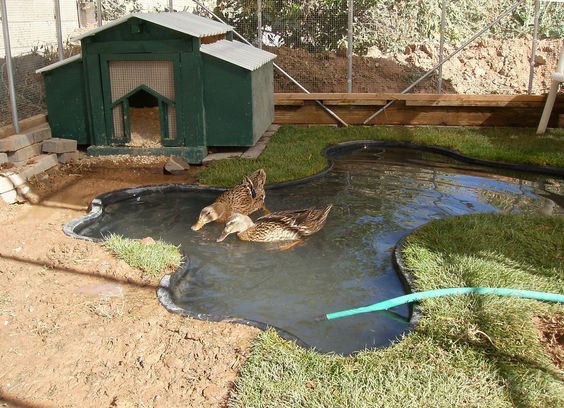
Inside your duck’s home:
- It is important to provide your duck with a comfortable area to relax and potentially make a nest, such as in a cardboard box. If you spread a fair amount of rice husks around your critter’s home, it’ll make the surface softer and is significantly absorbent.
- If you add rice husk, you’ll need to rake it daily. If your duck is going to have a nest, you’ll need to have materials such as wood shaving, mulch or straw to keep eggs safe.
- As long as there is a soft surface in your pet’s home, sleeping on the floor won’t be an issue.
- You’ll need to make sure the food container and water are kept inside the duck home and easy to reach. However, they’ll need a reasonable distance from each other, at least, a metre apart; to avoid getting the food wet.
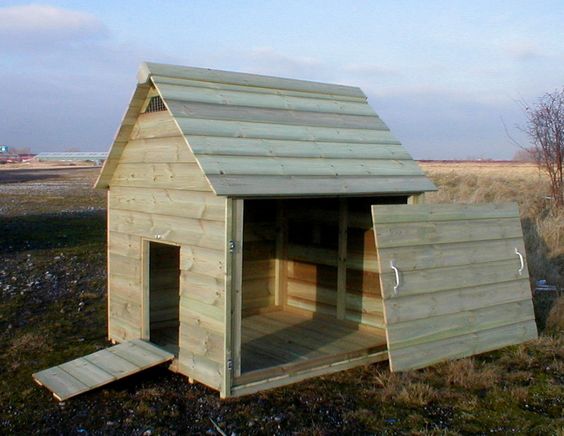
Giving your pet duck a good diet
If you are raising a duckling you’ll need to pay attention to its nutrition. It is ideal to feed them a protein rich diet to supplement its rapid growth. Female ducks also need extra protein than male ducks when they are laying eggs.
When you are at home and keeping an eye on your pet, you’ll notice that it is a duck’s nature to explore in a garden. They like to consume grass, algae, weeds, berries and search for insects such as worms and grubs under soft, wet soil or under plants. If you enjoy gardening, you’ll have to make sure you protect your favourite flowers or a vegetable garden; fencing will be required.
It’s not a common knowledge that people should not feed bread to ducks, whether they are a pet or from the wild. Bread, crisps, chips or popcorn do not contain any nutritional value.
You can purchase a nutritional ready-made duck food online. If you want other options for feeding your pet or at the park you can give specific foods from your kitchen. This includes:
- Fresh sweetcorn or peas
- Worms
- Oats
- Cut up grapes
On the other hand, while you’re at home with your ducks, you’ll have to bear in mind this critter enjoys eating anything that crosses its path, including shiny things. So you’ll need to be careful where you leave some items, such as keys, screws, nails, coins, etc.
Giving your pet duck enough water and space
Give your pet duck a minimum of 1 litre of fresh water a day, if not more during the hot days of the year. Fresh water assists the duck with digesting its food.
You’ll also need to include a swimming area, which will maintain your duck’s feathers, feet, eyes and bill in a healthy condition. The water has to be deep enough for your pet to wash its body.
If you have a small portable pool, container or pond, make sure there’s an easy exit path and is not higher than 20 cm (8 inch) otherwise it can be dangerous because they can become stressed and get waterlogged, or even drown. Ducks have no trouble swimming; however, they may struggle to walk out of a slippery surface.

Keeping your pet duck healthy
These loveable critters rarely suffer from intestinal mites or worms. But like any pet, you’ll need to take your pet duck to the vet to be wormed every six months with a poultry wormer.
However, they are naturally clumsy and are likely to trip over easily, which can injure their feet or legs. Their highly delicate feet can develop ulcers or swelling if they are forced to walk on rough surfaces; leading to limping, which can only be treated by a vet.
Overall, ducks are a very unique pet. As long as you keep an eye on them and give them enough care, they can be the most amazing critter you’ll ever have.
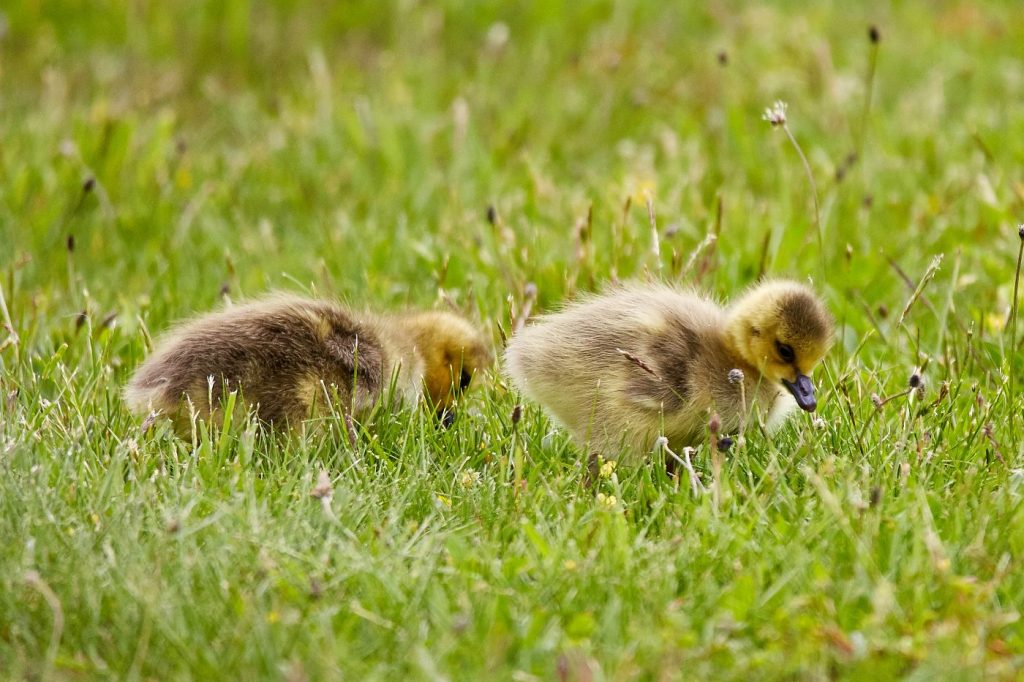

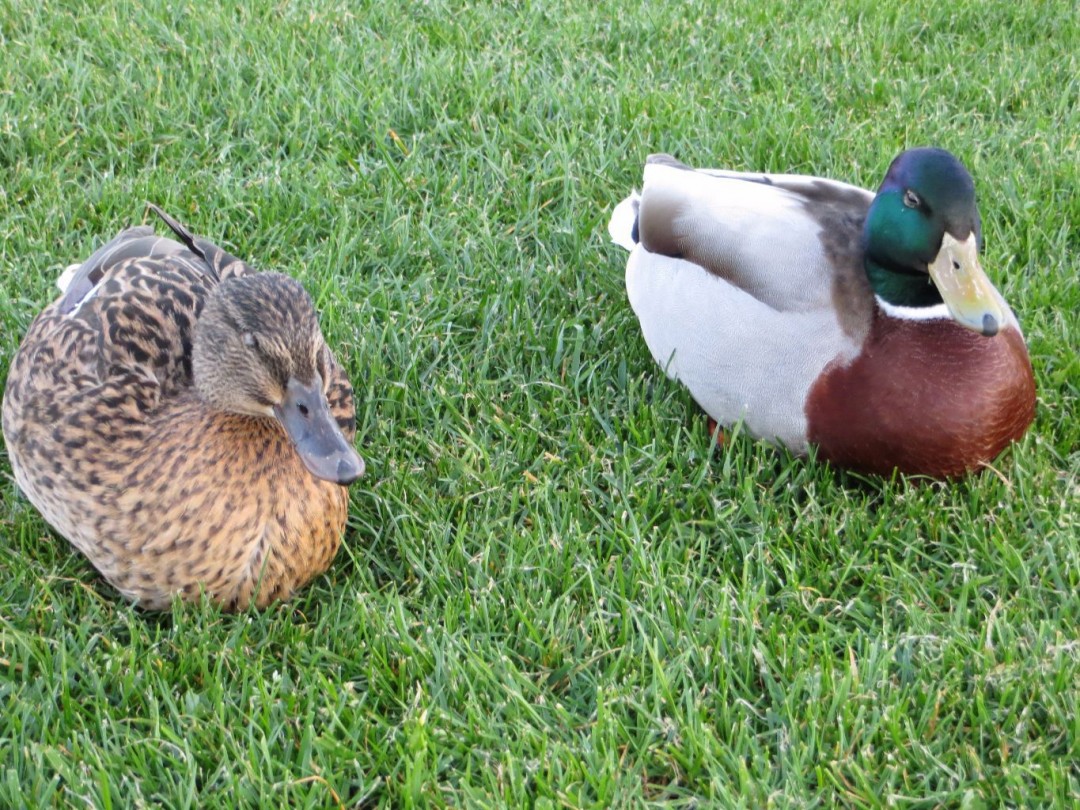
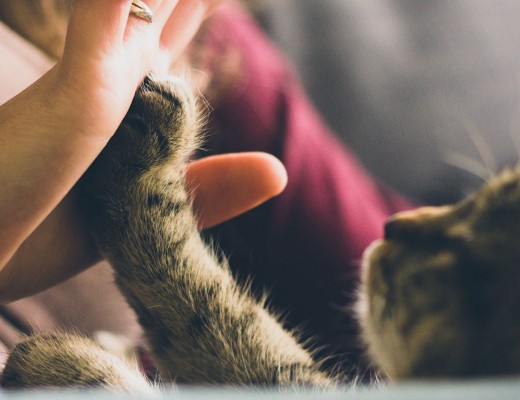


No Comments